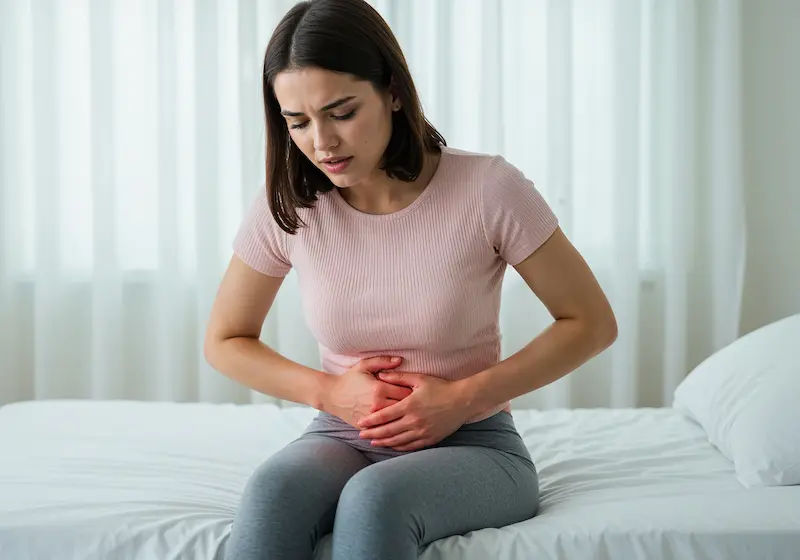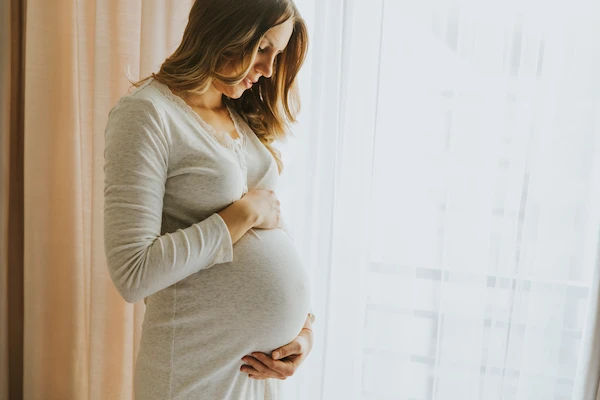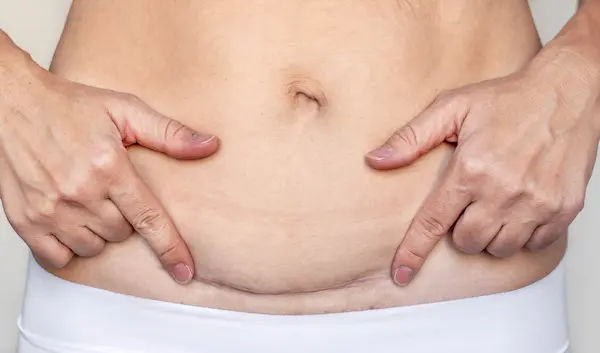- female
- 30 Years
- 29/01/2025
I'm 35 weeks pregnant and having twins, and I'm 30 years old. I've been dealing with really bad itching and redness on my belly for the past 10 days, and it's especially rough at night because I can't sleep at all. My LFT came back with high levelsAlkaline phosphatase is at 346 IUL, G.P.T. is 105.2 IUL, and another one is 101.4 IUL. I'm taking Udiliv 150 three times a day, but it's not helping. I'm worried about what's causing this and if there's any risk to my babies. What should I do?
Answered by 1 Apollo Doctors
Your symptoms and elevated liver enzymes suggest intrahepatic cholestasis of pregnancy (ICP), a condition that can increase the risk of preterm birth, fetal distress, and stillbirth; consult your obstetrician to discuss the best course of action, which may include switching to ursodeoxycholic acid (UDCA) or adding antihistamines or topical creams to alleviate itching, and closely monitoring fetal well-being and liver function to ensure the health and safety of both you and your twins.
Dr. Shubham Suggests...
Consult a Obstetrician and Gynaecologist
Answered 04/07/2025
0
0

More Obstetrics & Gynaecology Health Queries
View allI'm a bit worried because my husband and I have the same blood group and we're also closely related. We got married and now I'm wondering if this could have any impact on getting pregnant. Can this affect our pregnancy in any way?
Get pre marital genetic screenings done
Answered by 1 Apollo Doctors
Is there any medicine that can shrink a 5cm fibroid without surgery? My doctor recommended a hysterectomy but we want to have another child so we're looking for other options
Yes, medications like GnRH analogs or uterine artery embolization can shrink fibroids—consult fertility-focused gynecologist for options.
Answered by 1 Apollo Doctors
I had two eggs rupture from both ovaries on January 2nd, 2021, and I started bleeding on January 18th. I'm wondering if there's a chance that one of the eggs got implanted. I took a pregnancy test on January 17th, and it was negative. What could be going on?
wait for upto 1week and test again
Answered by 1 Apollo Doctors
Disclaimer: Answers on Apollo 247 are not intended to replace your doctor advice. Always seek help of a professional doctor in case of an medical emergency or ailment.





